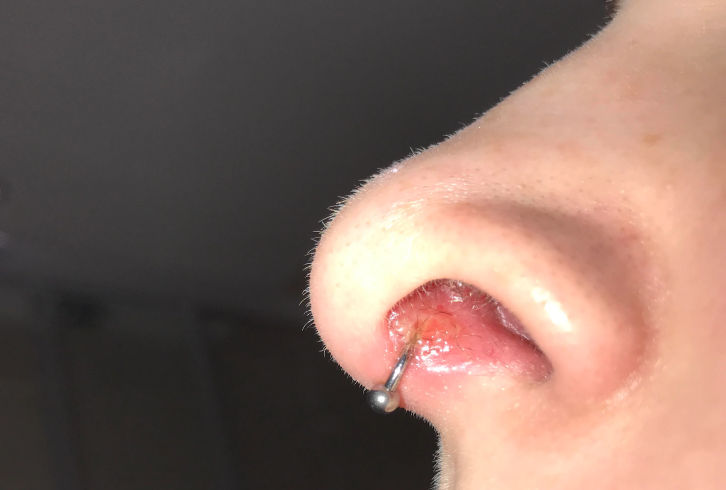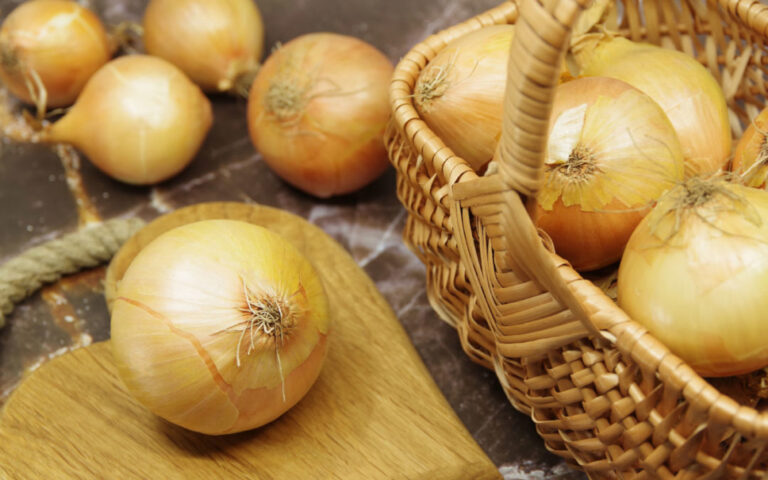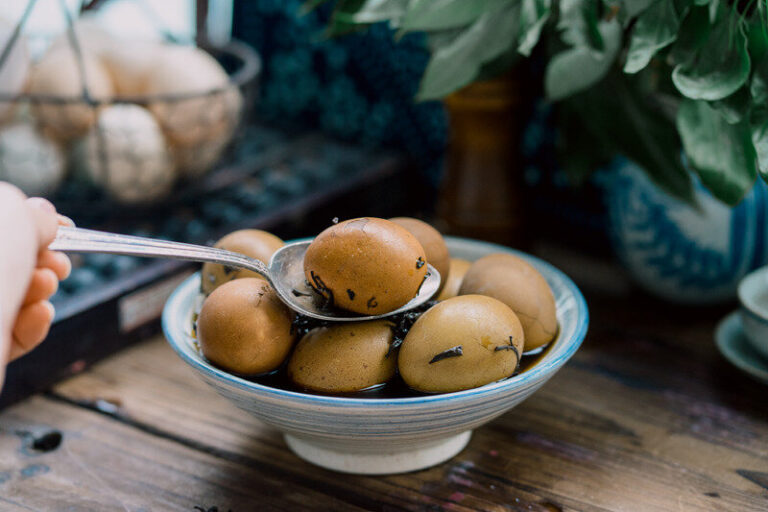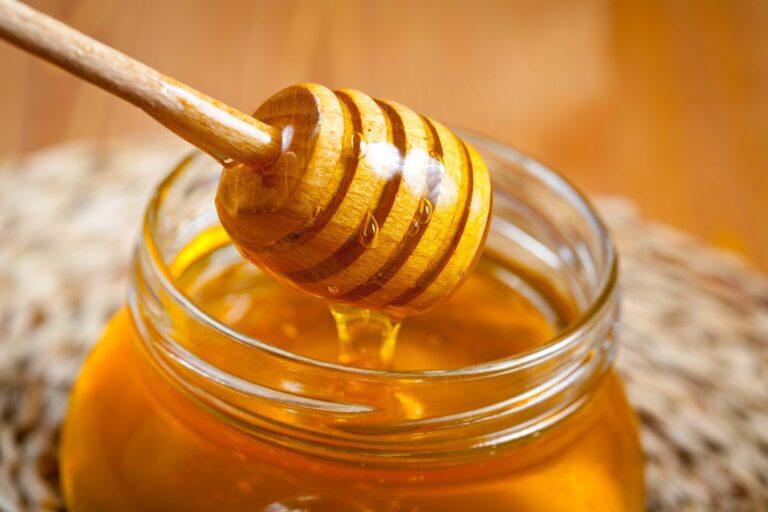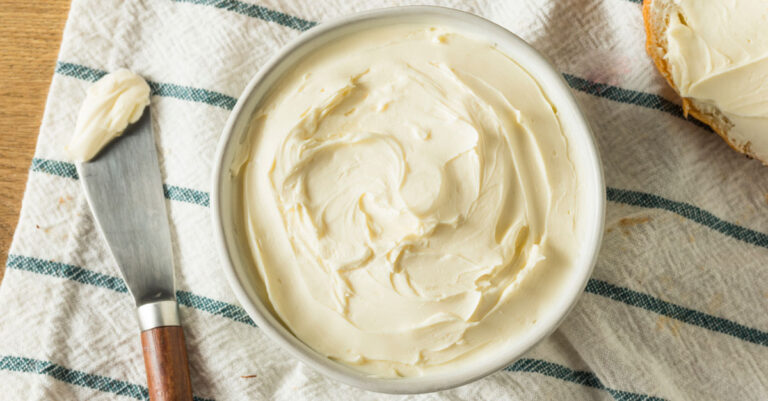Why Do My Nose Rings Smell? Discover the Root Causes
Nose rings can develop unpleasant odors due to the accumulation of bacteria, sweat, and debris around the piercing. These factors, along with the type of jewelry worn, can contribute to the smell.
To prevent nose ring odor, it’s essential to clean the piercing and jewelry regularly. Use a saline solution or a gentle soap and water to clean the area. Opt for high-quality jewelry made from materials like surgical steel or titanium to minimize the risk of odor.
If the odor persists or becomes severe, it could indicate an underlying issue, and consulting a professional piercer or healthcare provider is advisable to ensure the health of your piercing
What Are The Common Causes Of A Smelly Nose Piercing?
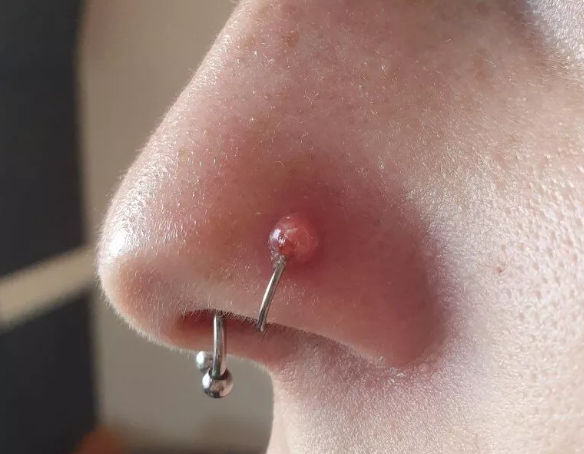
Smelly nose piercings can be a common concern for individuals with this type of body modification. The causes of this issue are often multifaceted, and understanding them is crucial to addressing and preventing unpleasant odors
Bacterial Growth
Bacteria naturally inhabit our skin, and when they accumulate around the piercing, it can result in an unpleasant smell. The warm and moist environment created by the nose piercing is an ideal breeding ground for these odor-causing microorganisms.
Sweat and Moisture
The moisture generated by sweat in and around the piercing can mix with bacteria and contribute to the development of odor. This effect can be exacerbated during hot weather or physical activity.
Dead Skin Cells
The accumulation of dead skin cells, a natural part of the skin’s renewal process, can occur around the nose piercing. These cells can become trapped in the piercing, creating an environment in which odor-producing bacteria can thrive.
Type of Jewelry
The type of jewelry used in the nose piercing can also play a role in the development of odor. Jewelry made from low-quality or inappropriate materials may react with your skin and sweat, resulting in an unpleasant smell. For example, nickel or other non-hypoallergenic metals can lead to irritation and odor in some individuals.
Infection
In some cases, a smelly nose piercing may be a sign of infection. Infections can produce a foul-smelling discharge, and if left untreated, they can lead to more severe complications. Signs of infection can include redness, swelling, increased pain, and heat around the piercing.
Poor Cleaning Routine
Insufficient cleaning of the piercing and the jewelry is another factor that can contribute to nose piercing odor. Regular cleaning with a saline solution or a mild, fragrance-free soap and water is essential to prevent bacterial buildup and maintain a fresh-smelling piercing.
Why Is Nose Ring Odor a Concern?
Nose ring odor can be a concern for several reasons. First of all, an unpleasant odor can affect your personal hygiene and overall well-being. It may make you self-conscious and impact your confidence.
When interacting with others, a noticeable odor from your nose ring can lead to social discomfort and embarrassment, potentially affecting your relationships.
However, odor may be a sign of microbial activity or an allergic reaction. Ignoring the odor can lead to infections or complications, which can be painful and require medical attention.
As well as nose rings are often worn as a form of self-expression and style. An odor can disrupt the aesthetic appeal of the piercing.
How Natural Skin Oils Contribute to Nose Ring Odor?
Natural skin oils, also known as sebum, play a significant role in contributing to nose ring odor. Sebum is an oily substance produced by the sebaceous glands in our skin, and it serves various functions, including moisturizing the skin and protecting it from external elements. However, when it comes to body piercings, such as nose rings, the presence of sebum can lead to unpleasant odors.
Oil Accumulation
The sebaceous glands near and around the nose continue to produce sebum even after a nose piercing. This sebum can accumulate on and around the jewelry, creating a film of oil that traps dirt, dead skin cells, and bacteria.
Bacterial Growth
Sebum provides an excellent medium for the growth of bacteria. Bacteria naturally exist on our skin, and when they come into contact with sebum, they can proliferate. This bacterial growth can result in the production of unpleasant odors.
Interaction with Jewelry
The sebum can interact with the material of the nose ring, especially if the jewelry is made of non-hypoallergenic or low-quality materials. This interaction can lead to chemical reactions that produce distinct smells.
Sweat and Moisture
The sebum can mix with sweat and other moisture, creating an environment that is conducive to bacterial growth. This combination can lead to increased odor around the nose ring.
Dead Skin Cells
Dead skin cells naturally slough off from the skin, and they can become trapped in the sebum, forming a layer that is an ideal breeding ground for bacteria and odor development.
To mitigate the effects of natural skin oils on nose ring odor, it’s crucial to maintain a regular cleaning routine. Using a saline solution or a mild, fragrance-free soap and water can help remove excess sebum, bacteria, and other impurities from the piercing and the jewelry.
Additionally, selecting high-quality, hypoallergenic jewelry materials like surgical steel or titanium can minimize adverse reactions with sebum and help keep the nose ring fresh and odor-free.
How Can I Manage Skin Oils for a Fresher Nose Piercing?
Maintaining fresher nose rings involves managing the natural oils your skin produces to prevent them from contributing to odor. Here’s how to keep your nose piercing smelling fresh
Regular Cleaning
- Gentle Cleansers: Use a gentle, fragrance-free cleanser to clean your piercing. Avoid harsh chemicals, as they can disrupt the natural balance of skin oils.
- Cleaning Routine: Establish a routine to clean your piercing. This should include cleaning at least once a day and after activities that cause excessive sweating or exposure to dirt.
Drying the Area
After cleaning, ensure the area around the nose ring is thoroughly dried. Moisture can exacerbate bacterial growth and the interaction between oils and metal.
Choosing the Right Material
Opt for hypoallergenic materials like titanium, niobium, or surgical stainless steel. These materials are less prone to oxidation and are less likely to interact with skin oils.
Avoiding Excessive Touching
Minimize touching or twisting your nose ring unnecessarily. Frequent contact can introduce more bacteria and oils to the area.
Personal Hygiene
Maintain good facial hygiene to reduce the buildup of oils around your nose piercing. Use a mild facial cleanser to keep the skin clean.
Hands-Free Handling
When cleaning or touching your piercing, ensure your hands are clean and dry to minimize the transfer of additional oils and bacteria.
Avoid Petroleum-Based Products
Refrain from using petroleum-based ointments or creams around your piercing. These can trap oils and promote bacterial growth.
Routine Check-Ups
Regularly visit your piercer or a healthcare professional to ensure your piercing is healing correctly and to address any potential issues promptly.
Be Mindful of Diet
Some individuals find that certain foods or spices can affect the scent of skin oils. Pay attention to your diet and how it may impact your body’s natural odors.
How Do Metal Allergies Affect Odor in Nose Piercings?
Metal allergies can be a significant factor in the development of odor around your nose piercing. Certain metals are more likely to cause allergic reactions. Common culprits include nickel and alloys containing nickel. If your nose ring is made of these materials, you might be more susceptible to allergies, which can contribute to odor.
Metal allergies can manifest as skin irritation, redness, itching, and inflammation. When your skin reacts to the metal, it can increase the production of skin oils and the potential for odor development.
Metals that are prone to oxidation and tarnishing, such as some silver and steel alloys, can develop a foul smell when they react with skin oils. This reaction can lead to an unpleasant odor emanating from the piercing.
To minimize the influence of metal allergies on odor, opt for nose rings made from hypoallergenic materials like titanium, niobium, or surgical stainless steel. These metals are less likely to cause allergic reactions and are resistant to oxidation.:
Regardless of the metal used, regular cleaning and maintenance of your nose ring are essential. This helps prevent the accumulation of oils, dead skin cells, and bacteria, which can exacerbate odor issues, especially if you have a metal allergy.
If you suspect that a metal allergy is contributing to odor around your nose piercing, seek guidance from your piercer or a healthcare professional. They can help identify the allergy and recommend suitable metal alternatives to ensure a more comfortable and odor-free experience.
How To Choose The Right Jewelry?
Choosing the right jewelry for your nose piercing is crucial for its health and comfort, as well as preventing odor and irritation.
Material
Opt for hypoallergenic materials like surgical steel, titanium, niobium, or solid gold. These materials are less likely to cause skin reactions or allergies, reducing the risk of irritation and odor.
Size
The size of your nose ring should fit comfortably in your piercing without causing undue pressure or stretching. Consult with your piercer to determine the right gauge and diameter for your specific piercing.
Style
Nose rings come in various styles, including hoops, studs, and screws. Choose a style that suits your personal taste and complements your facial features.
Threaded or Threadless
Threaded jewelry can be more secure but may require more effort to insert and remove. Threadless options are easier to handle but may need occasional adjustments.
Gemstones and Decorations
If you prefer decorative elements, ensure that any gemstones or decorative pieces are securely attached to the jewelry and do not have sharp edges that could irritate the piercing.
Quality
Invest in high-quality jewelry from reputable sources or professional piercers. Well-crafted jewelry is less likely to tarnish, corrode, or cause skin irritation.
Ease of Cleaning
Consider the ease of cleaning and maintaining the jewelry. Smooth surfaces are generally easier to clean and less likely to harbor bacteria and odors.
Allergies and Sensitivities
If you have a history of metal allergies or sensitivities, be cautious about the materials you choose. It’s best to stick to hypoallergenic options.
Consult Your Piercer
Your professional piercer can provide valuable advice on the right jewelry for your specific nose piercing. They can assess your anatomy, recommend suitable options, and assist with jewelry changes.
Rotation and Movement
Some nose rings allow for rotation and movement, which can be more comfortable for some individuals. Discuss this with your piercer to determine if it’s suitable for your piercing type.
How to Prevent Smell?
Preventing unpleasant odors in and around your nose piercing is essential for maintaining its cleanliness and your comfort. Here are some effective methods to prevent smell
Regular Cleaning: Clean your nose piercing daily with a saline solution or a mild, fragrance-free soap and water. This routine removes sweat, sebum, and bacteria, reducing the likelihood of odor development.
Hypoallergenic Jewelry: Choose high-quality, hypoallergenic materials such as surgical steel, titanium, niobium, or solid gold for your nose ring. These materials are less likely to react with your skin and trigger odor.
Hands Off: Avoid touching or twisting your nose ring unnecessarily. Touching it with unwashed hands can introduce dirt and bacteria, leading to odor.
Proper Hygiene: Maintain overall facial hygiene by gently cleansing your face daily. This prevents excess oils and sweat from accumulating around the piercing.
Moisture Control: Pat the area around your piercing dry, especially after activities that cause sweating. Moisture can promote bacterial growth and odor.
Avoid Strong Cleansers: Use gentle, fragrance-free cleansers for your piercing. Harsh or scented products can irritate the skin and disrupt the natural balance of oils.
Balanced Diet: A healthy diet and adequate hydration can support overall skin health, potentially reducing the production of excess oils.
Appropriate Jewelry Size: Ensure your nose ring is the right size; overly tight or loose jewelry can cause problems. Consult with your piercer for guidance.
Regular Check-Ups: Visit your professional piercer periodically to ensure that your jewelry is in good condition and the piercing is healing properly.
Seek Professional Advice: If you notice persistent odor, redness, swelling, or other signs of infection, consult a qualified piercer or healthcare provider for advice and appropriate treatment.
When to Seek Professional Advice for Your Nose Piercing?
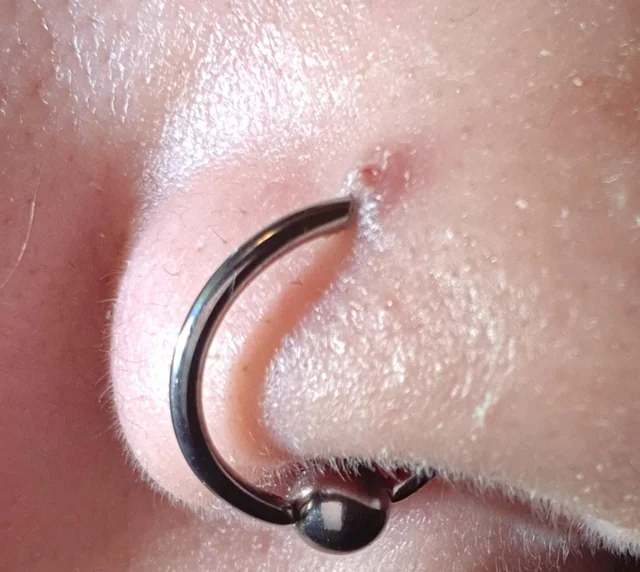
Knowing when to seek help for your nose piercing is vital for maintaining its health and addressing any issues promptly.
First, If you notice signs of infection around your nose piercing, including redness, swelling, increased pain, warmth, or the presence of yellow or green discharge, it’s crucial to seek help. Infections require medical attention to prevent complications.
If the unpleasant odor around your nose piercing persists despite proper cleaning and jewelry care, consult with a professional piercer. They can assess the situation and provide guidance on resolving the issue.
Furthermore, if you suspect an allergic reaction to your nose ring, such as redness, itching, or a rash, it’s advisable to consult with a healthcare provider. They can help identify the allergen and recommend suitable jewelry materials.
If your nose piercing experiences trauma, such as being pulled or accidentally knocked, it’s wise to seek professional help to assess any damage and ensure proper healing.
If your nose piercing experiences uncontrolled or excessive bleeding, it’s important to consult with a piercer or healthcare provider to address the issue and prevent complications.
In some cases, nose piercings may start to embed into the skin or migrate from their original position. Seek advice from a professional piercer to determine the best course of action.
When you want to change your nose ring or have difficulty removing or inserting jewelry, visit your piercer for assistance. Attempting to change jewelry without the proper tools or knowledge can lead to complications.
If you notice an unusual or persistent discharge from your nose piercing that is different from normal healing fluids, consult a professional for an evaluation.
Severe or ongoing pain around your nose piercing should be investigated by a professional. It could be a sign of an issue that requires attention.
Finally, if you’re uncertain about any aspect of your nose piercing, it’s always a good idea to consult a qualified piercer. They can provide guidance on aftercare, jewelry selection, and any concerns you may have.
FAQ
Is it normal to smell your nose piercing?
Yes, a mild odor around a nose piercing can be normal due to factors like sweat and bacteria. However, strong or persistent odor may indicate a problem.
How do you clean a nose ring hole?
Clean the hole daily with a saline solution or a mild, fragrance-free soap and water. Gently remove any debris or crust that forms around the jewelry.
Do nose piercings close up after years?
Nose piercings can close up if left without jewelry, but it varies from person to person. Some may notice closure within weeks, while others may take longer.
What are the benefits of a nose piercing?
Benefits include self-expression, enhanced aesthetics, and the opportunity to wear various stylish jewelry.
Do nose piercing holes go away?
Over time, the holes may become less noticeable but often do not fully disappear, especially if the piercing was well-healed and maintained.
Do nose piercings leave a permanent mark?
Nose piercings may leave a small scar or mark once removed, but it’s usually subtle and not highly noticeable.
When should I replace my nose piercing?
Replace your nose jewelry if it’s damaged, shows signs of wear, or if you want to change its style. Consult a piercer for guidance.
Can I remove my nose piercing if I don’t like it?
Yes, you can remove your nose piercing if you don’t like it. The hole may close, but there may be a small mark left behind.
What are the risks of nose piercing?
Risks include infection, scarring, allergies to jewelry materials, and keloids. Adhering to proper aftercare can help minimize these risks.
Do nose rings suit everyone?
Nose rings come in various styles, and with proper selection, they can suit most people. Consult with a piercer to find the right style for your face and personal preference.
Final words
On the whole, the presence of odor around your nose piercing can be attributed to various factors, including natural skin oils, metal allergies, microbes, and jewelry choices.
To keep your nose piercing smelling pleasant, remember to:
- Choose hypoallergenic jewelry made from materials like titanium or surgical stainless steel.
- Follow a regular cleaning routine using mild saline solutions or recommended cleaning products.
- Seek professional advice if you experience persistent odor, signs of infection, or complications.
With proper care and attention, you can enjoy your nose piercing without the worry of unwanted odors. Your journey to a fresh and odor-free nose ring begins with understanding the causes and taking the right steps to address them.

